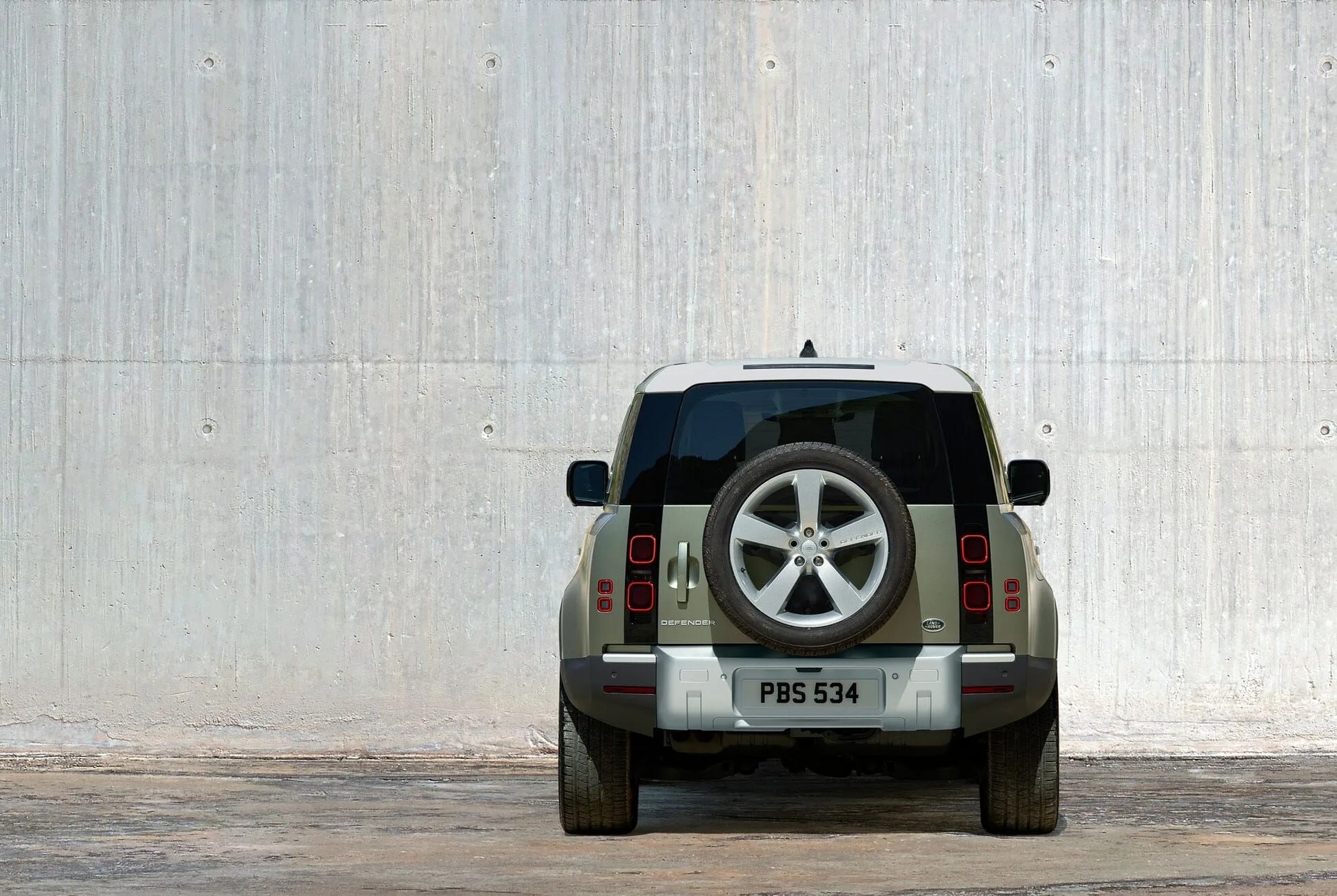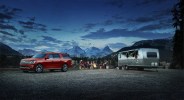On Monday, Jaguar Land Rover announced a new global strategy called “Reimagine.” The title may sound flowery — but the changes to both the Land Rover and Jaguar product lineups under this new vision will be very, very real and extraordinarily sweeping.
Under the new plan, Land Rover will launch six new electric models within the next five years, with the first all-electric vehicle arriving in 2024. (In other words, expect a lot of Land Rover EVs between 2024 and 2026.) Every nameplate in the garage — and Land Rover says the Range Rover, Discover and Defender nameplates will stick around, though the overall lineup may shift — will offer an electric option by 2030, when electric vehicles are expected to represent 60 percent of Land Rover sales. According to Car and Driver, Land Rover will also phase out diesel engines by 2026.
The “reimagining” of Jaguar will be even more comprehensive — and ambitious. The brand will go 100 percent electric, starting in 2025. According to Autocar, that could involve potentially abandoning many of the traditional market segments, as well as further pushing the brand upmarket — perhaps as far as to become a Bentley competitor.
More surprisingly, Jaguar is killing the planned update to the XJ sedan, an almost-ready EV, although the nameplate may return sometime in the future. According to reports allegedly surfaced from insiders by C/D and others, the sexy saloon’s I-Pace-based powertrain didn’t offer enough range or performance to match market expectations.
These changes are massive, though not altogether unsurprising. Britain has pushed up plans for a ban on new combustion vehicles from 2040 to 2030. Other countries are likely to follow suit.
Land Rover should come out well here. The brand looks set to keep, modernize and enhance most of its product lineup, with a combination of electric power, hybridized engines (potentially made in concert with BMW) and even some hydrogen fuel cell vehicles, according to reports. This should help keep it competitive with established players like Mercedes-Benz and upstarts like Rivian, which is essentially launching as an electric adventure alternative to Land Rover.



